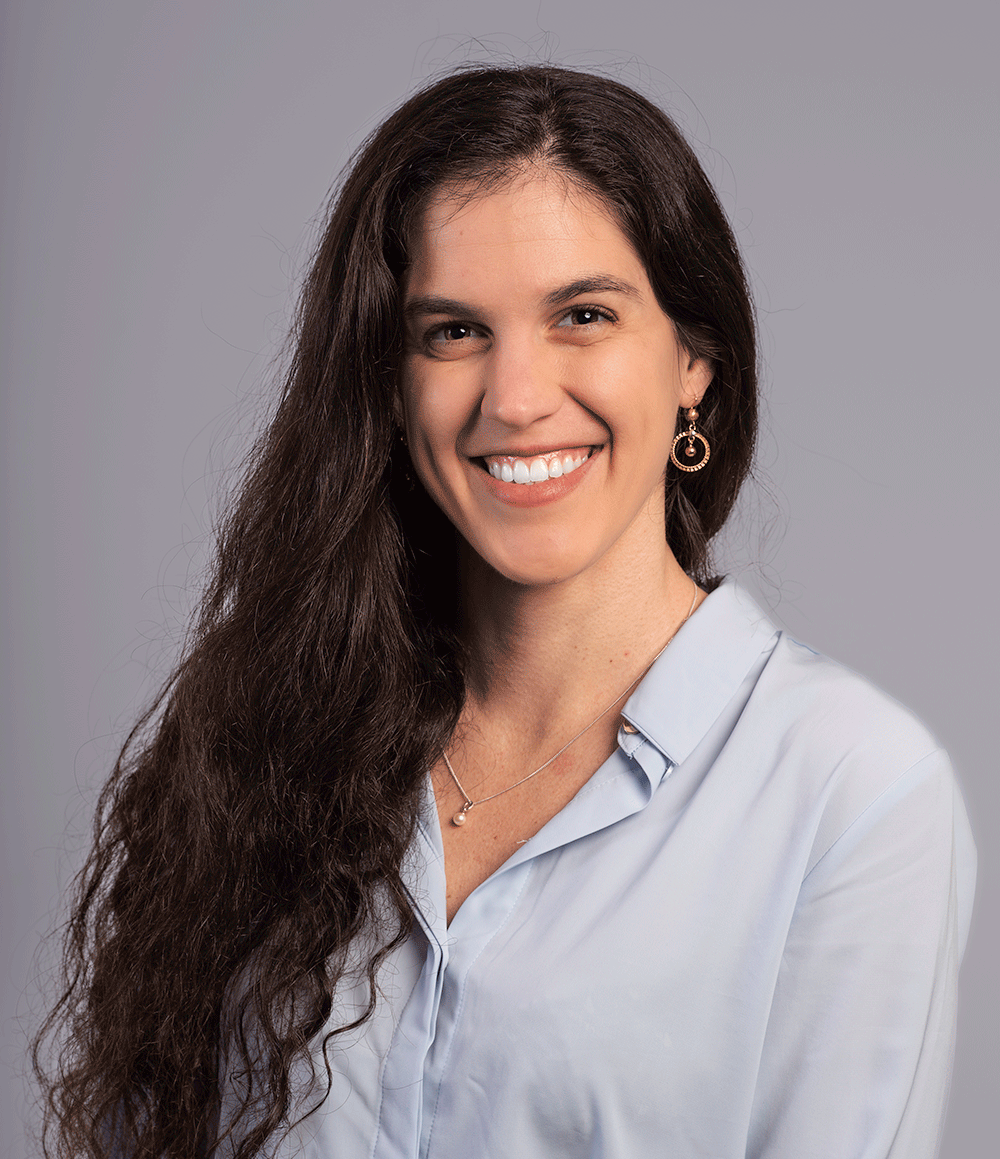
Noemi Polo
Noemi is a Research Scientist within the Non-Vesicular Reference laboratory. Her work focuses on sequencing circulating orbiviruses and improving current molecular diagnostic assays alongside working to ISO/IEC17025 accreditation for the diagnosis of a range of diseases including bluetongue, African horse sickness, Epizootic hemorrhagic disease virus, and African swine fever. Her primary interests include, developing diagnostic tools for viral disease detection and surveillance, outbreak response, and understanding viral epidemiology.
During her time at the Pirbright Institute, she worked in the High Throughput Sequencing facility, where she was in of charge library preparation for NGS on Illumina and Oxford Nanopore platforms and was responsible for single cell sequencing in high containment.
Noemi's previous experience includes epidemiology and emergency response where she worked for PAHO/WHO’s Health Emergencies programme for three years, as part of the Emergency Operations Centre in the region of the Americas. In 2020, she was part of the PAHO/WHOs COVID-19 Incident Management Team supporting country preparedness and outbreak response efforts, and was previously deployed to the Bahamas to support the Ministry of Health after Hurricane Dorian in 2019.
Prior to that, she worked for the Virology and Molecular Diagnostic units at Texas A&M Veterinary Medical Diagnostic Laboratory in College Station, Texas, with AAVLD accreditation, supporting animal health and surveillance testing for high-consequence agricultural and zoonotic pathogens.
Noemi earned a BS in Molecular and Cell Biology from Texas A&M University and an MS in Public Health Microbiology and Emerging Infectious Diseases at the George Washington University. During her studies she helped characterize the genetic variability for drug resistant mutations in the HIV virus genome as part of an epidemiological study in Washington D.C., and as part of her MS dissertation, assessed the distribution of leptospirosis serogroups in humans and animals using a One Health Approach in the state of Rio Grande do Sul, Brazil.
